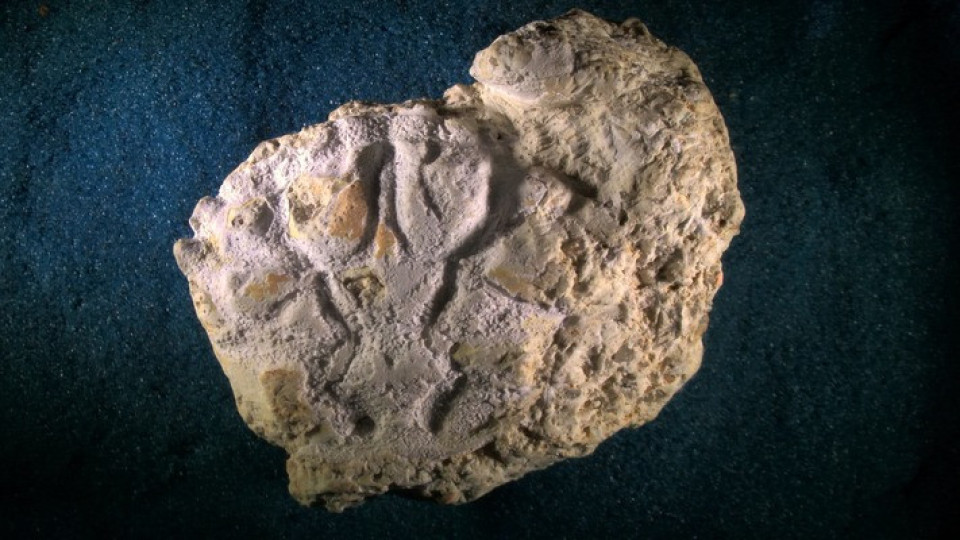Brazil. Fossil species of crab identified with 20 million years
A group of Brazilian scientists have identified the fossil of a new species of crab "completely unknown to science," more than 20 million years old, the Brazilian Geological Service reported on Thursday.

© Reprodução/ Serviço Geológico do Brasil

Mundo Brasil
The crab was named 'Pirabacarcinus iara' in honor of the Brazilian folklore deity "Iara", known as the "Mother of Waters".
The fossil was found in 1958 at a site in the municipality of Capanema, in the state of Pará, located in the Brazilian Amazon, but until now had not been identified.
During all this time it was in a drawer of the Museum of Earth Sciences, in Rio de Janeiro, without anyone having dedicated themselves to investigating its origin.
A recent investigation allowed it to be "discovered, described and named, providing new and relevant information about the ancient seas of Brazil", said the country's Geological Survey in a statement.
"The paleontological site where the fossil was found, in the municipality of Capanema, no longer exists, which reinforces the importance of preserving these specimens in the collections of scientific museums", said Rafael Costa, paleontologist at the Museum of Earth Sciences.
The crustacean lived in the Miocene, that is, 20 million years ago, in carbonated marine environments that dominated the entire northern coast of present-day Brazil and where limestone was abundant.
Today, this part of the extensive Brazilian coastline is dominated by sand and mud, and has great potential for the oil industry.
The 'Pirabacarcinus iara' is the first of the 'Pilumnidae' family to be registered in Brazil. This family includes dozens of species that live today and have a wide geographical distribution.
The identification of the fossil will help to decipher how the group evolved and spread over time.
The research was carried out jointly by the Plácido Cidade Nuvens Paleontology Museum and the Paleontology and Climate Change Laboratory of the Fluminense Federal University.
Read Also: Discovered fossil of marine lizard with a "nightmarish" appearance (Portuguese version)

Descarregue a nossa App gratuita.
Oitavo ano consecutivo Escolha do Consumidor para Imprensa Online e eleito o produto do ano 2024.
* Estudo da e Netsonda, nov. e dez. 2023 produtodoano- pt.com






